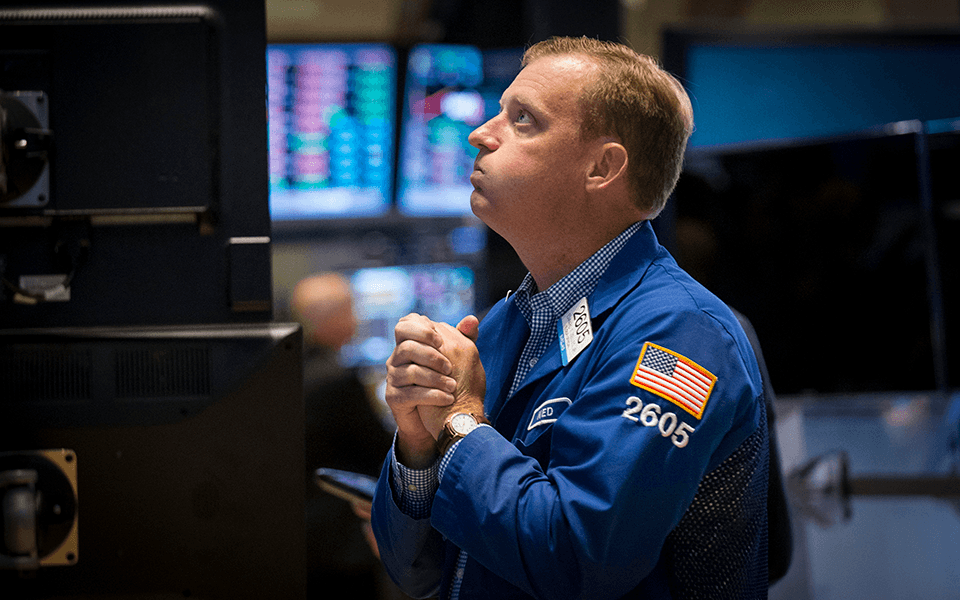OpenAI and Space X's Robinhood-Offered Tokens Seen as "Disruptive"

Vladimir Tenev, CEO of brokerage Robinhood, is both revolutionary and controversial. The latest controversy concerns his intention to make tokens available to his investors, offering them exposure to private companies like SpaceX and OpenAI.
But the idea announced by Vladimir Tenev on June 30 has already raised reservations from regulators and a warning from OpenAI.
Days after Vladimir Tenev's announcement, OpenAI warned that it had no partnership with Robinhood to offer OpenAI tokens. OpenAI reiterated, as quoted by CNBC, that the tokens "are not shares" of OpenAI, and that "any transfer of OpenAI capital requires our approval."
Lithuanian Central Bank spokesman Giedrius Šniukas confirmed to CNBC in July that he had contacted Robinhood and was “awaiting clarification” on the structure of OpenAI and SpaceX stock tokens, “as well as related consumer communication,” Bank of Lithuania spokesman Giedrius Šniukas told CNBC in an email.
"Only after receiving and evaluating this information can we assess the legality and compliance of these specific instruments. Information for investors must be provided in clear, fair, and non-misleading language," Giedrius Šniukas explained to CNBC.
Banco Carregosa's head of trading, João Queiroz, sees this possibility of a retail investor being able to have exposure to private companies like SpaceX or OpenAI as "an innovation that breaks, at least in appearance, the traditional barrier between private capital and ' unqualified ' (also called ' non-professional ') investors."
João Queiroz believes that this model “democratizes access” to historically restricted assets, “allowing participation in a universe previously reserved” for specialized funds or institutional investors.
But there are risks, warns Banco Carregosa's head of trading.
João Queiroz says that among the "considerable risks" are: the lack of corporate rights, the dependence on the valuation of illiquid and unlisted assets, the potential divergence between the token 's price and the company's real value, as well as regulatory uncertainty that could compromise the liquidity or even the legal validity of the instrument.
The global head of trading sees this offering from Robinhood as a proposal that "combines attractiveness through novelty and potential for appreciation," but that "requires from the investor a rational, conscious evaluation without illusions about the underlying nature" of the product.
Tokens Position Robinhood as an Agent of DisruptionJoão Queiroz believes that the announcement of the launch of this type of token by Robinhood positions the brokerage as an "agent of disruption" at the intersection of fintech , capital markets and blockchain , giving it a "commercial argument that is difficult to replicate" in the short term, especially for traditional banks, which are "subject to a stricter regulatory framework."
Banco Carregosa's head of trading also says that Robinhood stands out not only for its innovative offering, but also for its "ability to generate enthusiasm and attract new users" in a market "already saturated" with similar products.
"This initiative [tokens] can expand its reach, strengthen the brand's perception as a pioneer, and create a more integrated ecosystem between traditional and digital investments. However, the competitive advantage may prove temporary if competitors, particularly electronic crypto exchanges, quickly replicate the model, or if regulatory scrutiny, including potential tax changes that worsen the tax treatment of these instruments, leads to restrictions that compromise its scale or viability," warns João Queiroz.
Regardless of how one evaluates the availability of these tokens to retail investors, reality shows that Robinhood's shares have been on the rise. Since the beginning of the year, they have soared 167%, and in the space of a year, their appreciation reached 422%.
jornaleconomico





